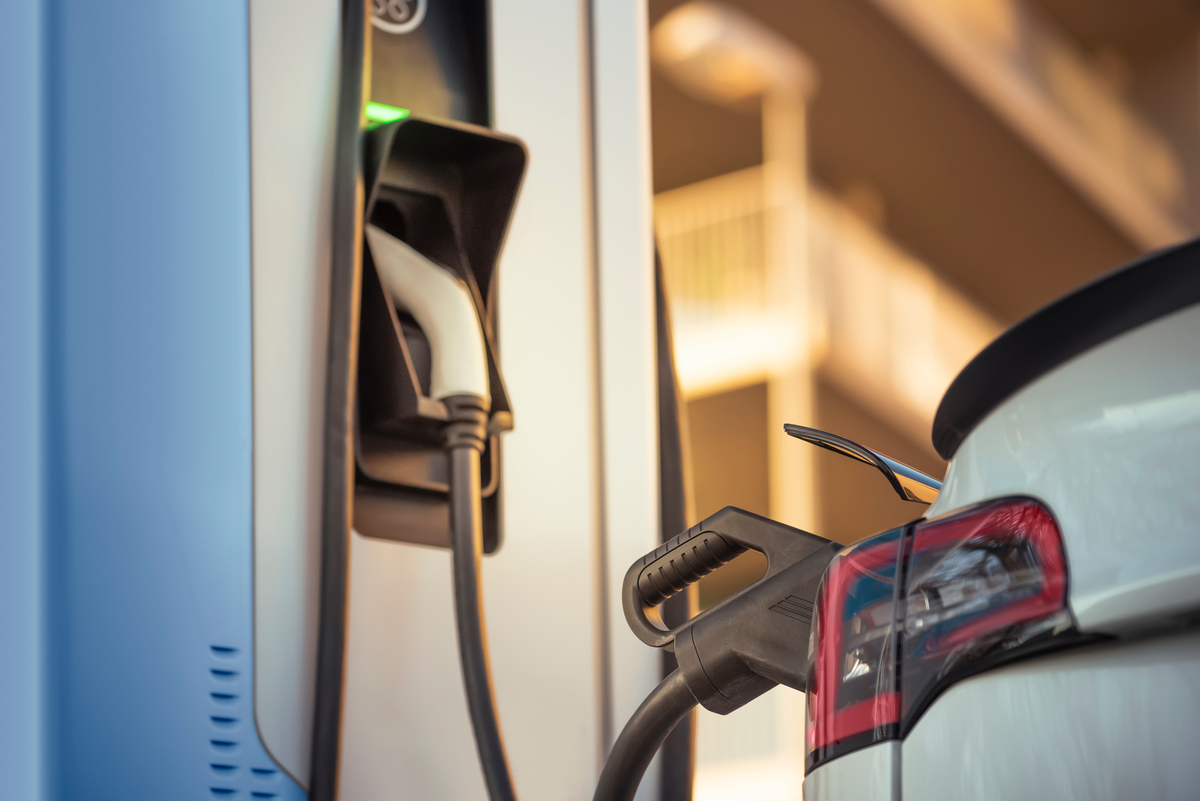
WILL RIVIAN BECOME THE NEXT TESLA?
Every electric vehicle (EV) maker wants to become the next Tesla (NASDAQ: TSLA). Since going public in 2010, Tesla shares have increased in value by 15,700%. The S&P 500, by comparison, rose by just 600% over the same time period.
Many investors in Rivian Automotive (NASDAQ: RIVN) are betting that it will become the next Tesla. And there are several good reasons to think they're right. Here are the three most important factors to pay attention to.
1. It's all about cold, hard cash
The EV industry is rife with failures. Just last month, Fisker declared bankruptcy, saying that it would liquidate all of its assets.
Even Tesla flirted with bankruptcy before becoming the success it is today. In 2020, Elon Musk revealed that the company was "about a month" away from insolvency after it ran into production problems with its Model 3 sedan.
The reason bankruptcy has been common in the EV world is that the industry is incredibly capital intensive, and the conventional-vehicle market is much the same.
Making cars and trucks requires billions of dollars in machinery, plus huge workforces to design, test, and sell these products into a hypercompetitive, highly saturated market.
If a company doesn't have access to huge sums of money, it won't make it for long as a vehicle manufacturer. In this regard, Rivian is about as good as it gets.
In 2019, deep-pocketed Amazon led its $700 million funding round. In 2021, it closed a $2.5 billion funding round with participation from both Amazon and Ford. And just last month, it secured a $1 billion investment from Volkswagen, a figure that could eventually grow to $5 billion through joint ventures and Rivian hitting certain milestones.
There's no guarantee that an economic downturn won't affect Rivian's access to capital. And the company's total cash balance has fallen from $11.2 billion to just $7.9 billion over the last 12 months. But it looks prepared to execute on the next crucial factor: launching new models.
2. Growth can't come unless this happens
Tesla's revenue in 2016 was around $7 billion. That was the year that its first mass market vehicle, the Model 3, was launched. Today, its revenue is around $95 billion. The introduction of new models like the Model 3 and Model Y were crucial contributors to massive increases in sales in recent years.
With ample access to capital, Rivian has the opportunity to replicate this sales surge. Earlier this year, management revealed plans to launch a midsize category with three new models, the R2, R3, and R3X. The R2 will be priced around $45,000. The R3 will be launched later at an even lower price point. These models aren't expected to hit the road until 2026, but Rivian's success as a company will depend on the commercial success of these vehicles.
Pay close attention to any potential manufacturing delays or shifts in pricing strategy. Tesla encountered plenty of its own production challenges along the way, so don't expect a completely smooth ramp-up. But if Rivian wants to become the next Tesla, it must nail the landing on the R2, and then the R3 and R3X.
3. Markets will celebrate this major event
Right now, Rivian is losing around $39,000 for every vehicle it sells. That's an improvement from a $67,000 loss per vehicle in the first quarter of 2023, but the market won't backstop these losses forever.
Tesla was posting gross losses when it first went public in 2010, and then again briefly in 2012. But for the most part, it has strung together an impressive run of consecutive gross profits.
Rivian is apparently closing the gap quickly. "We continue to move closer to making money on every vehicle we sell," the company's chief financial officer, Claire McDonough, said earlier this year.
And management believes the company could turn a profit on a per-vehicle basis as early as the fourth quarter. That will be a stretch, but it's a crucial milestone that must eventually be reached.
Will Rivian become the next Tesla? It won't be an easy road. But the company has many of the pieces in place to do so. Tracking the three variables listed above will give you a real-time understanding of the company's likelihood of becoming the next great EV brand.
Should you invest $1,000 in Rivian Automotive right now?
Before you buy stock in Rivian Automotive, consider this:
The Motley Fool Stock Advisor analyst team just identified what they believe are the 10 best stocks for investors to buy now… and Rivian Automotive wasn’t one of them. The 10 stocks that made the cut could produce monster returns in the coming years.
Consider when Nvidia made this list on April 15, 2005... if you invested $1,000 at the time of our recommendation, you’d have $688,005!*
Stock Advisor provides investors with an easy-to-follow blueprint for success, including guidance on building a portfolio, regular updates from analysts, and two new stock picks each month. The Stock Advisor service has more than quadrupled the return of S&P 500 since 2002*.
*Stock Advisor returns as of July 22, 2024
John Mackey, former CEO of Whole Foods Market, an Amazon subsidiary, is a member of The Motley Fool’s board of directors. Ryan Vanzo has no position in any of the stocks mentioned. The Motley Fool has positions in and recommends Amazon, Tesla, and Volkswagen Ag. The Motley Fool has a disclosure policy.
2024-07-27T08:59:36Z dg43tfdfdgfd